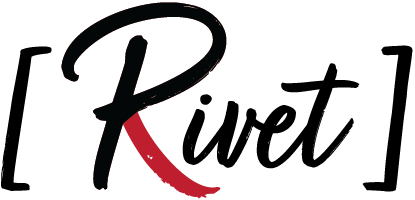
It’s due time for me to speak about ChatGPT. Have I used it? Yes. Do I use it every day? Yes. Do I love it and can’t live without it? Yes. Should ChatGPT get paid for writing? Heck no!
ChatGPT is amazing. The ability to write anything in no time flat boggles my mind. I couldn’t believe my eyes when I first used it to write a blog post about monsters editing editors alive. I had a pretty darn good argument and story in less than ten seconds. Then, I had the chatbot rewrite it in Shakespearean language, then as a fairy tale and then as a love story. After that, I just couldn’t quit. It was like the first time I used Pinterest and kept scrolling through easy dinner recipes until my eyes bled.
So yes, I’m a firm ChatGPT convert. I believe everyone will become a better writer if they use AI technology or text expander (even students!). ChatGPT can help people overcome common writing blocks, such as forgetting to include important parts of an argument, getting out of the typical vocabulary one uses or getting over brain blocks that prevent people from starting to write.
However, I don’t believe I should hand over my paycheck to ChatGPT once it starts asking for money. As a copywriter and editor, I use many tools to form content. That’s what my clients pay for. They don’t settle for one AI software. When a client hires me, they get my education, experience, awareness of the world, my editor’s network and the multiple editing and analytics software and resources I use daily to complete a job.
Besides, if a company only used ChatGPT to write its content, it would be setting itself up for a serious crash landing. Because as wonderful as ChatGPT is, it is not a plug-and-play solution. For example, I had ChatGPT write a concluding paragraph for this article. This is what the GPT chat gave me,
“In conclusion, while ChatGPT is a valuable tool for generating text, an editor is still necessary to ensure that the final product is of high quality and meets the intended purpose.”

Yuck! That doesn’t sound natural at all. What happened to the creative potential here? Although I may have written this for a corporate client, I would never use it in my blog.
Just as data analysts look at numbers from a human’s perspective, so should anyone using ChatGPT. If you need to learn anything about ChatGPT, it often gets things wrong. I don’t use it for fact-finding or internet searches, but if you use it for this purpose, I would reconsider the source. In fact, the term “hallucination” was formed to represent the times the system puts out a fact and uses wording to make it sound convincing.
For more interesting ChatGPT facts and experiences, I highly recommend reading the Analytics India Magazine article, “Freaky ChatGPT Fails That Caught Our Eyes!” or listening to The Daily’s 2-part podcast episode “Did Artificial Intelligence Just Get Too Smart?”
If you use ChatGPT exclusively for writing and not fact-finding, you still need to read its output and do your own massaging. ChatGPT won’t catch typos and especially grammar errors. It also doesn’t quit with passive voice usage!
An editor acts as a spell checker, grammar police and sense-maker all rolled into one. ChatGPT can generate a ton of information, but an editor acts as a filter, ensuring the final product is accurate and sounds like a human wrote it, not a robot. In addition, an editor can help ensure the text’s tone and style is appropriate for the intended audience.
In fact, I’ve landed one long-standing client because they couldn’t rely on ChatGPT to write its content anymore.
Although I’ll never want to think about the days I lived without ChatGPT, my job as an editor is secure for now. Even with advanced technology, human interpretation and some elbow grease are still needed to ensure high-quality writing. No technology can fully replace the dedication and effort humans bring to the craft of writing.

**ChatGPT was not used in the making of this post and does not mandate any payment for services not rendered.**







